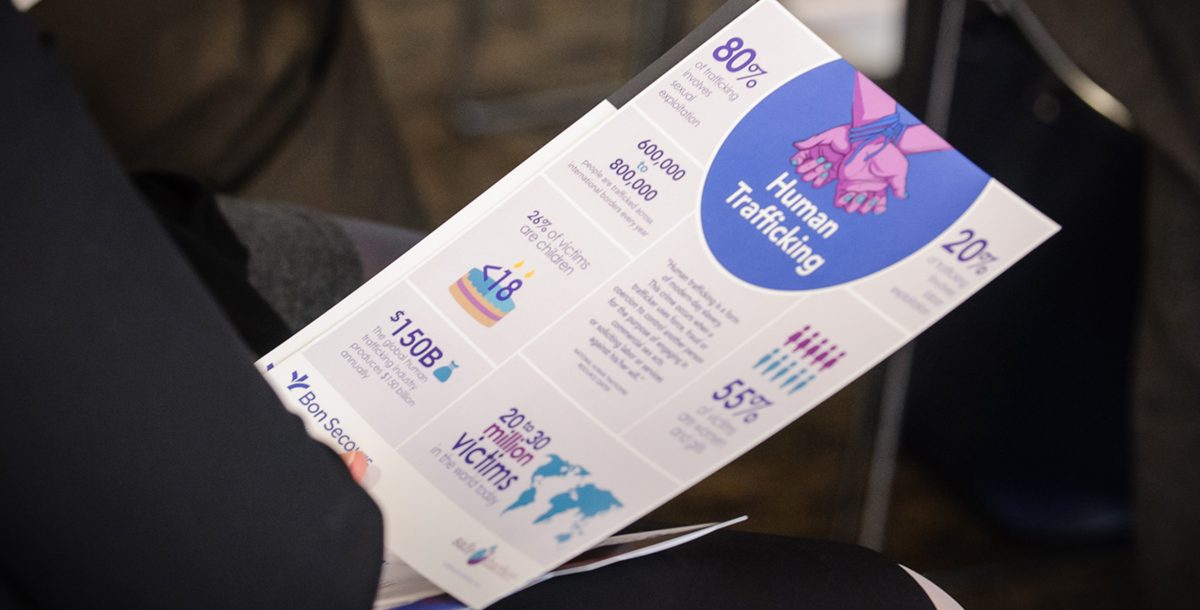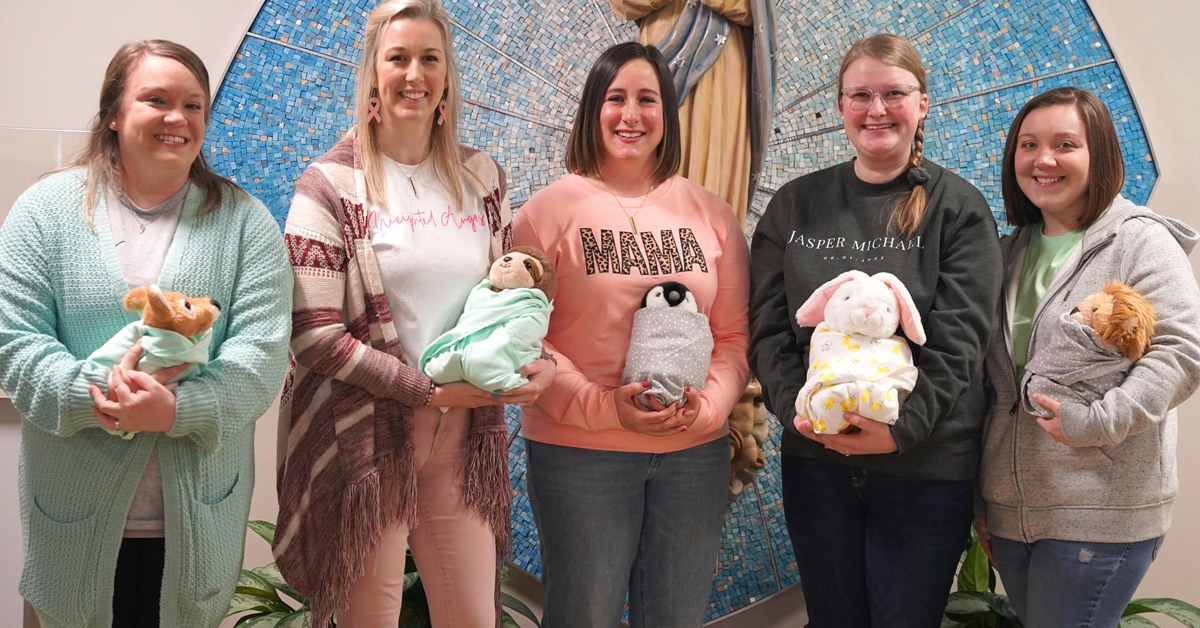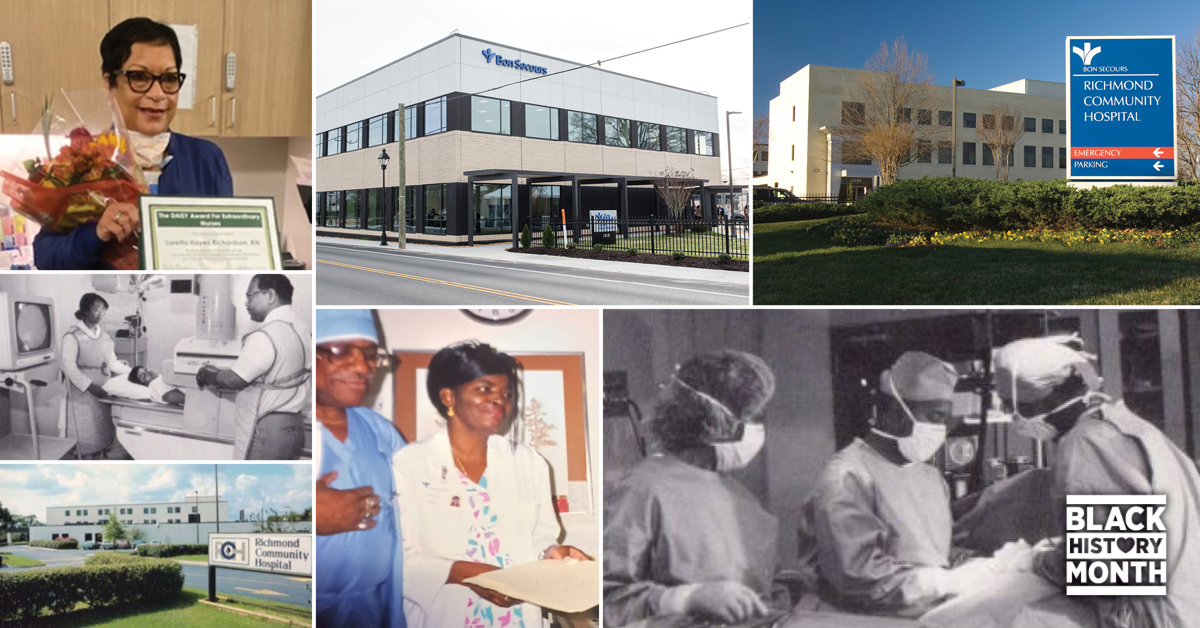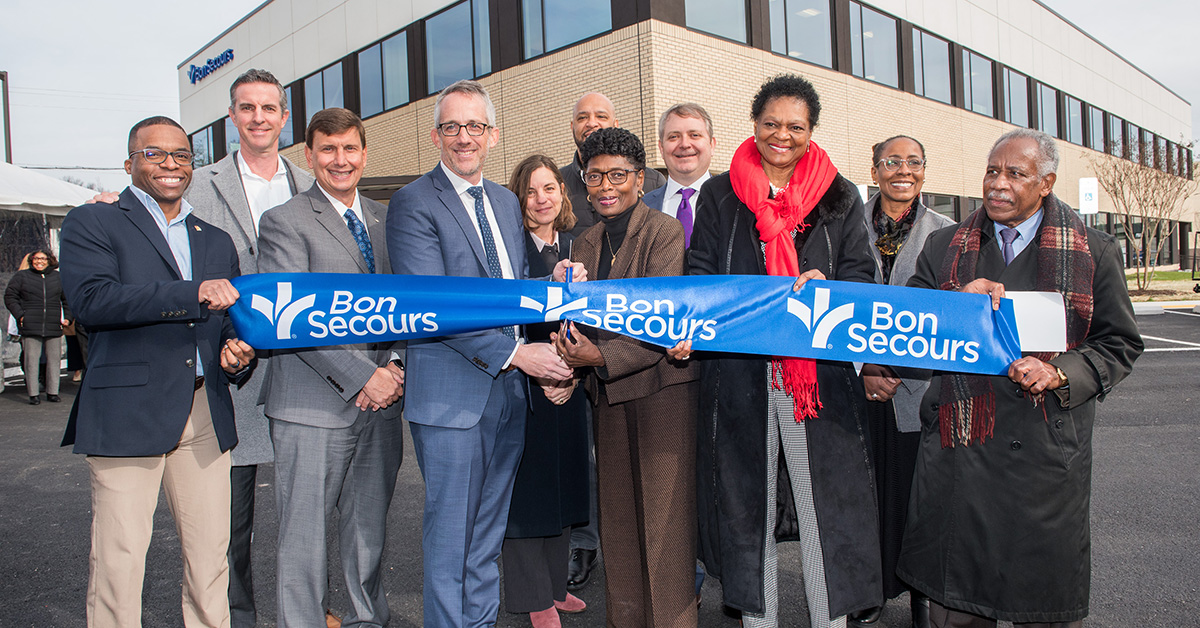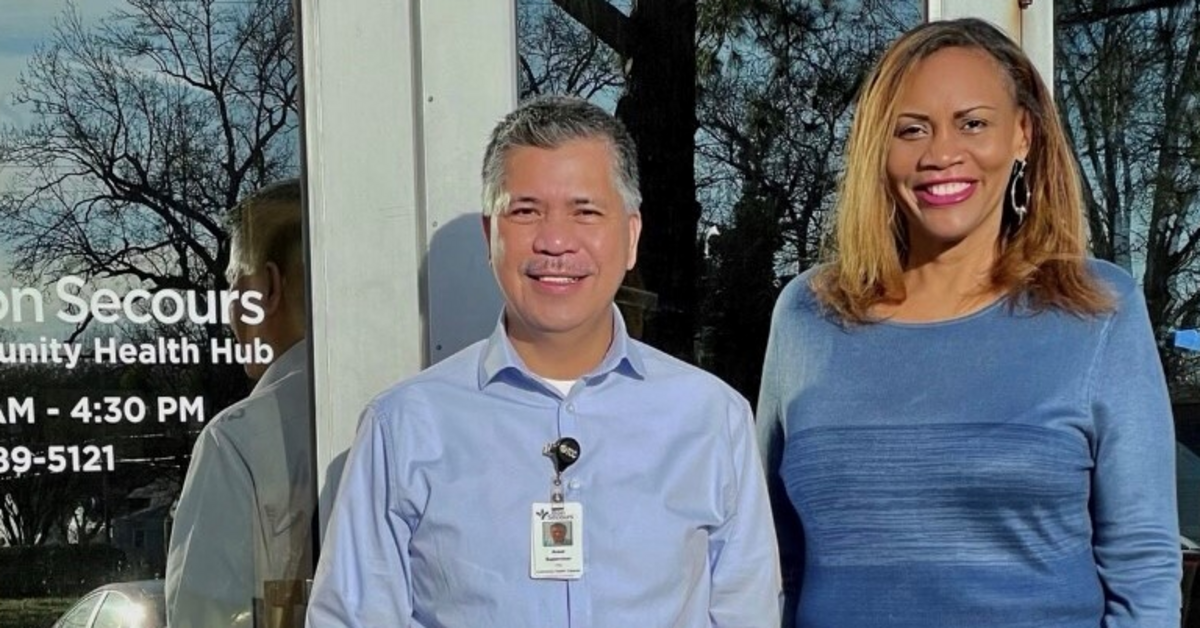January is Human Trafficking Awareness Month: a month to raise awareness about the reality of human trafficking in the U.S. and around the world.
Human trafficking is when force, fraud or coercion is used to control another person for the purpose of engaging in forced labor or commercial sexual exploitation. Human traffickers deprive victims of their freedom and dignity. According to the International Labour Organization, it is estimated that up to 40.3 million people around the world are being trafficked. This is also a multibillion-dollar industry.
At Bon Secours, we are committed to ending human trafficking. Across the ministry, Bon Secours has educated its associates on red flags to look for when encountering individuals who may have experienced trafficking. If a suspicion of human trafficking arises, there is also protocol in place and resources available.
Here are some ways we work towards this goal in our markets.
Richmond, V.A.
Bon Secours has a forensic nursing team which is made up of expertly trained registered nurses who are available 24/7 to assist. In addition, the forensic nurses provide education to attorneys, police, first responders and other health care providers with the goal of identifying and advocating for these patients. Bon Secours is also a proud co-founder of the Richmond Regional Human Trafficking Collaborative, which meets regularly to coordinate our responses to this epidemic.
Greenville, S.C
Bon Secours organizes an annual human trafficking symposium that is live streamed on Facebook. The third-annual symposium was hosted this past August, promoting a “community response to an international crisis.” The purpose of the event is to educate and increase awareness of human trafficking, give hope to those who are victims, and bring community collaboration. The forum included national experts and speakers in the human trafficking field that discuss and bring light to this serious issue. Bon Secours also displayed a training video at the event, which showed faculty how to identify the signs of potential victims.
Additionally, Bon Secours assisted in the opening of Jasmine Road, the first residential restoration program for human trafficking victims in South Carolina. We continue to provide comprehensive medical and behavioral health care to the residents to support their recovery and reintegration.
How you can help
Human trafficking is wide spread across the U.S., although it may not be as obvious to identify as one might think. To help educate you, we are busting some human trafficking myths, according to the Polaris Project.
- Human trafficking is always carried out in a violent manner.
- Myth – In reality, most human traffickers use psychological means such as tricking, defrauding or manipulating victims into commercial sex or exploitive labor.
- Traffickers target victims they don’t know.
- Myth – Many survivors have been trafficked by romantic partners.
- Only women or young girls can be trafficked.
- Myth – Half of sex trafficking victims and survivors are male.
Because human trafficking often occurs in silence, it has become a real-world issue.
If you believe that someone you know is or has been human trafficked, alert the proper authorities or call the National Trafficking Hotline at 1 – (888) -373-7888.

